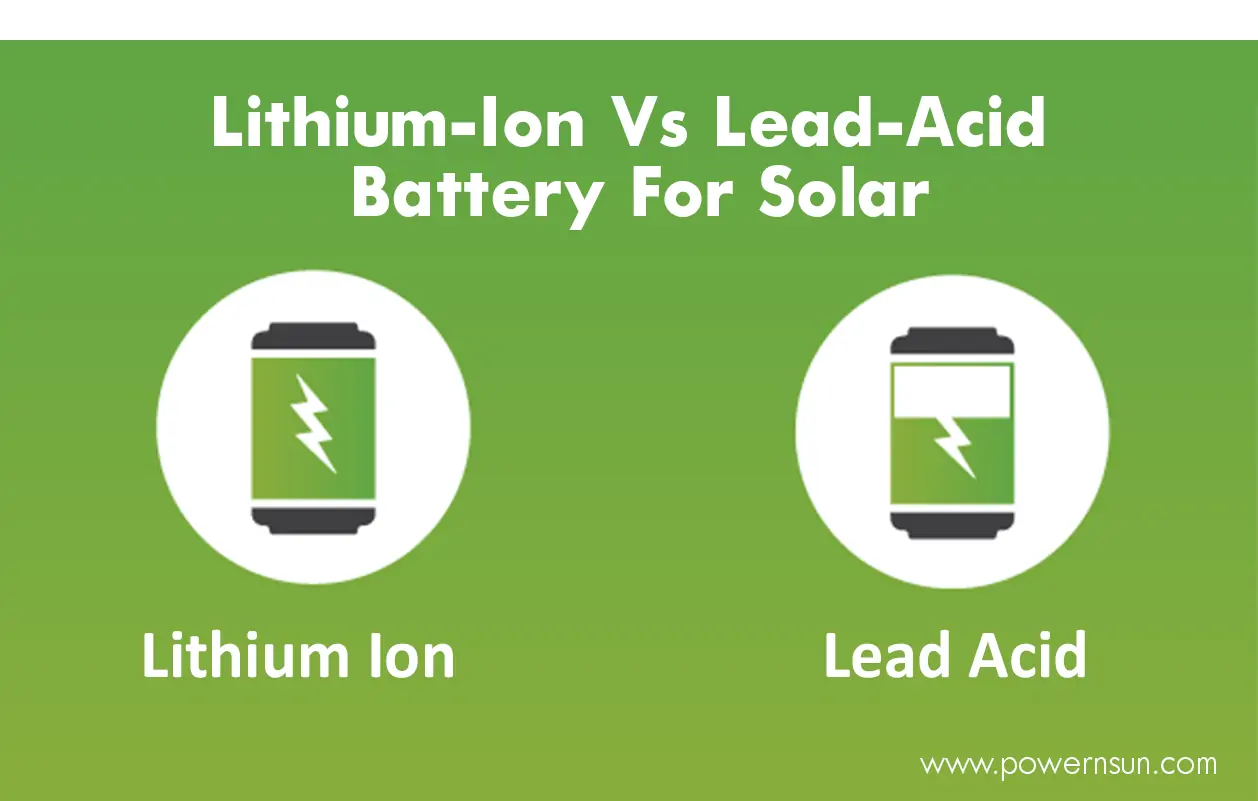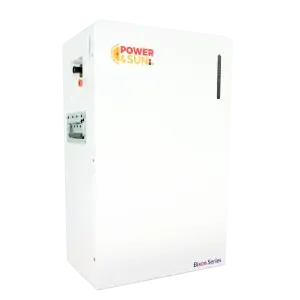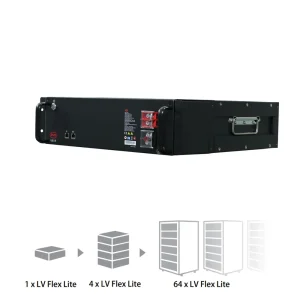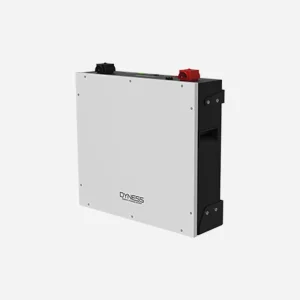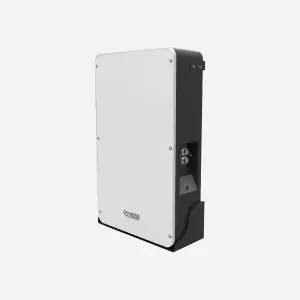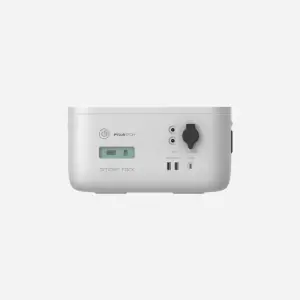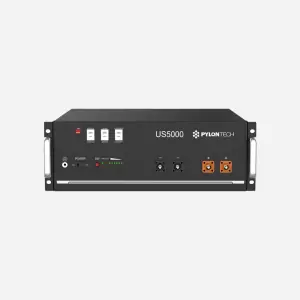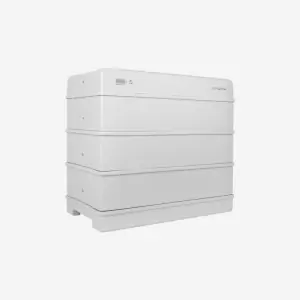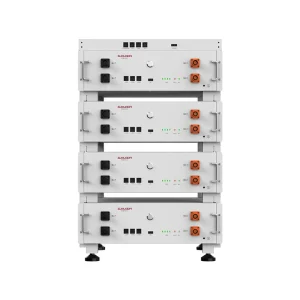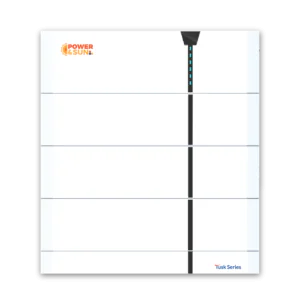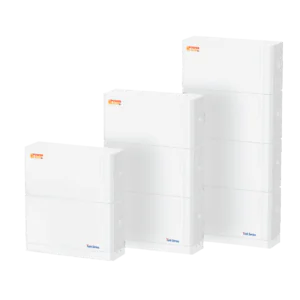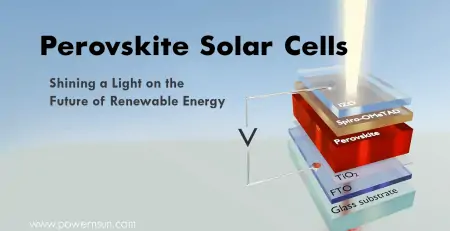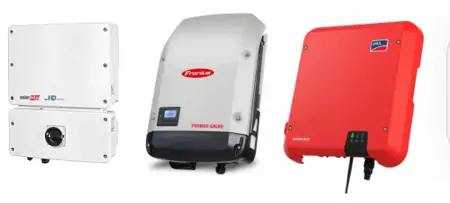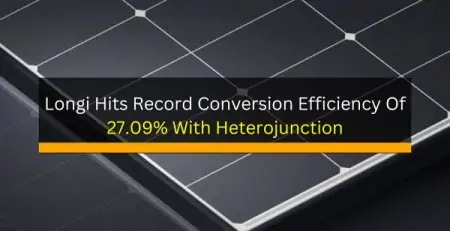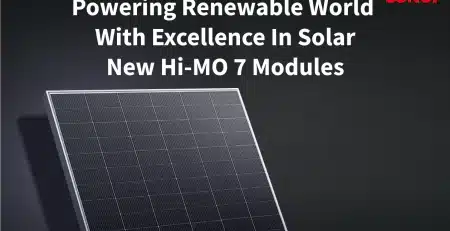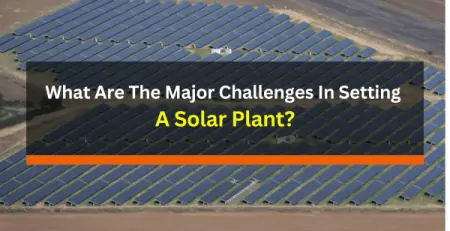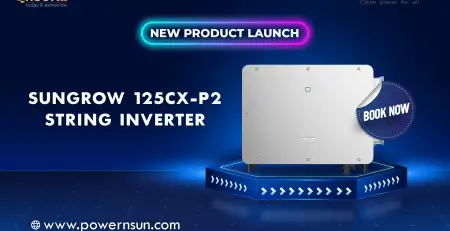Lithium-Ion Battery Vs. Lead-Acid Battery For Solar
Are you thinking about becoming a solar customer? Are you filled with thoughts on setting up a power backup system? Reducing electricity bills is a great advantage of switching to solar. Yet, you should also consider the surplus energy. We have an excellent answer for this – solar batteries. However, which is better for your solar system with different available batteries available in the market?
The popular and competing options are lead acid batteries and lithium-ion batteries. Among those, which is the right stand for you? Let’s explore here.
Basic information about lithium-ion and lead acid batteries
Of course, switching to solar is a great decision. In addition, moving to the choice along with battery storage makes it brilliant. If you look at the existing trend, lithium-ion solar batteries are quite popular. Yes, it is to be accepted that lead acid batteries have their dominance in the traditional solar energy market. But there are a lot of changes in the market. Let us have a close examination of both types.
Lithium batteries have lithium as their anode material. Depending on the technology, these lithium batteries can be divided into:
- Lithium-Ion
- Lithium Phosphate
- Lithium Polymer batteries
The lithium-Ion battery is the most advanced type among the above. When compared with the long history of lead acid batteries, lithium-ion, which are also referred to as LiFePo4 batteries, are immense in their recognition. This is due to its wide usage in electric cars.
Lead acid batteries are here right from the mid-1800s. In fact, it is the very oldest rechargeable battery type. Lead-acid batteries are considered the standard for electrical energy storage. If you look at its use before 5 years, it was the only battery type to be in use for storing electricity. And, it is very suited for both residential and industrial purposes.
Comparing Lithium-Ion Batteries and Lead-Acid Batteries
Materials
Basically, Lithium-ion, as well as Lead-acid batteries, function on the same principle. However, the significant difference lies in the material used. Lead is the anode and lead oxide is the cathode in lead acid batteries. While with a lithium-ion, carbon is the anode, and lithium oxide is the cathode.
Efficiency
Lithium batteries are the most efficient ones of all. As a result, you can retain and make use of more solar energy. Lithium-Ion batteries have an efficiency of 95% or more. The efficiency of Lead-Acid batteries is around 80 to 85%.
Lifespan
Indeed, the cycle life of a battery determines how long the batteries can survive. Looking into this aspect, lithium batteries are obvious winners with their counterparts of lead-acid batteries. A 100% capacity lead acid battery when discharged, can last 400–600 cycles. But in the same case, a lithium-ion battery can last for 6000 cycles.
Self-Discharge Rate
Both battery types will lose their initial capacity when stored. The initial charging state of the battery is the one that impacts the discharge rate. It is always recommended to have full charging of the battery before you start storing. The self-discharge rate of lead acid batteries is 3-20%/month. For the other type lithium-ion, it is nearly 0.35-2.5%/month.
Cost
Compared with lithium-ion, lead-acid batteries are very affordable. Also, they are easy to install which saves on installation costs. The price of a lithium-ion battery is twice the cost of a lead-acid battery.
Environmental impact
Looking into the environmental impacts of both types of batteries, lead acid needs more raw materials than lithium-ion for the same level of energy storage level. It is quite clear that their demand for more raw materials will impact the environment. Lithium-ion solar batteries have minimized impacts on the environment.
Charging Time
Lithium-ion batteries charge faster than lead-acid batteries. A lead acid battery takes around 8 hours to charge. But a lithium-ion battery hardly takes around 2 hours to charge. It means lithium-ion batteries are eight times faster charging than their counterparts. This makes them the preferred choice in most electric vehicles.
Weight
Lithium batteries are much lighter in weight than Lead Acid batteries. They are around 55% of the weight of the lead-acid type. Let us consider the same capacity. The weight and size of a lithium-ion battery are much less in figures than the lead acid type.
Which is better for your solar – Lithium-ion or lead acid battery?
When it comes to battery backup systems, both technologies are great choices. Still, on looking upon the points such as longer lifespan, better durability, higher efficiency, and high energy capacity, lithium-ion wins. This makes it sense to install a lithium-ion battery over the other. In cases of off-grid installation, lead-acid batteries can be a good choice. Yet, it is not the kind of installation often used.
Though lithium-ion leads the industry with its impressive benefits, still you have to decide on the application. If you are not sure about your solar power storage needs, you can contact us. Our Team of expert engineers will provide you with the best solution for your specific application.

